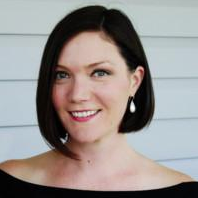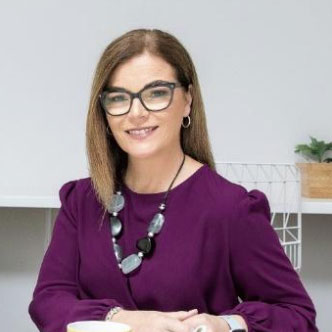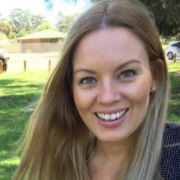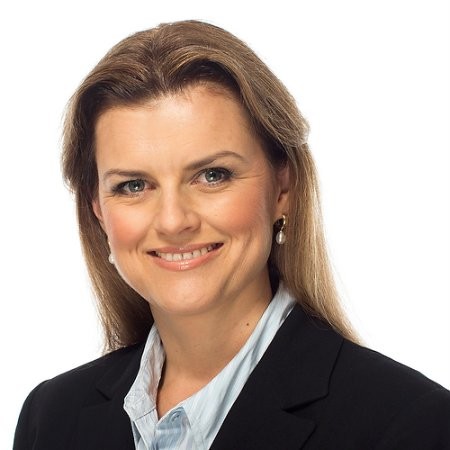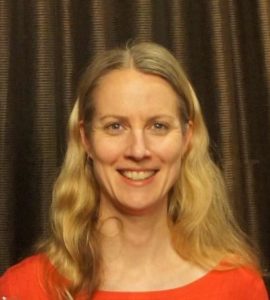
You and I are real – we have lives.
We all know social media isn’t a real world. However, you and I are: real. We have lives. Lives that aren’t curated and

There are two powerful things every woman can do to advance gender equity; develop your self worth and become a role model for other women. Learning these things though my own experience, from reading research, and coaching others led me to formulate my self-coaching journal for women. In a recent interview with Femeconomy, I discussed my journey to this point, barriers to gender equity, and my advice to women.
This article was originally published by Femeconomy
It started because I went looking for a book which might help a female friend who was going through a challenging time. The experience left me feeling overwhelmed by the volume of material giving advice to women on various subjects.
I decided to write something myself instead; not a book of advice, but a book which guided and asked questions to help the user to get clarity about which course of action is right for her. The result is my self-coaching journal for women. It’s a coach in a book which helps women define what success means to them and guides them to attain that success. The content incorporates my experience and research, while the design integrates elements from mindfulness research.
I became interested in gender diversity research during my time leading Asia Pacific Talent for a global oil and gas services company. Whilst in that role I had the opportunity to attend the Catalyst Awards Conference in New York. The experience had a profound impact upon me; it opened my eyes to gender research and led to some personal lightbulb moments.
Since then it’s been an evolution.
Because Human Resources is a female dominated function, I’ve had the opportunity to lead other women, several of whom have subsequently become mentees. I found reading, and having an understanding of, gender research helped me to be a better mentor. In recent times I decided to specialise my coaching practice because my clientele had become predominantly female.
Leading and coaching women, combined with my own experience, has helped me to gather anecdotal evidence and notice common themes. Writing the journal helped me to crystallise these experiential and academic learnings, leading me to focus on women and success.
In my view, the primary myth affecting women is the expectation that they must live up to traditional concepts of success in their personal and professional lives simultaneously. To attempt do so is problematic because:
Women who strive to live up to both these constructs of success tell me they feel they’re doing neither well enough. I suspect this phenomenon is a factor in the high numbers of women who self-assess as having low self-confidence and imposter syndrome.
Women don’t have to accept these traditional definitions. Success is merely a concept, and how you define it is up to you.
From my perspective, there are two major the structural obstacles:
In relation to the first, leadership assessment practices remain strongly influenced by the think leader, think male, mindset. Yet, as we know, the Double Bind Dilemma means women are penalised if they behave consistently with masculine leadership constructs. It would help if more organisations reviewed their leadership assessment practices for inherent gender bias. One particular suggestion is to query consultancies about the recency of the research samples underpinning their leadership assessment tools. The more modern the research, the more likely the research cohort will be gender diverse.
Secondly, the stereotype that women, not men, are the primary caregiver remains a significant structural barrier for women. Whilst the current generation of men report they want to share caring responsibilities, most are reluctant to take leave or flexible work options for fear it will damage their career and earning prospects. Until it becomes normalised and equally acceptable for men, as it is for women, then the gender disparity in terms of income and career progression will remain entrenched.
Managing myself. I used to operate under the weight of extreme perfectionism and self-criticism. As a result, I ran myself into the ground and had a few health scares. Ultimately, they were a gift as they prompted me change my ways. When I look back now, I’m amazed I managed to achieve what I did. I channelled this experience as I wrote Clarity, Simplicity, Success and imagined that I was asking questions to help my younger self find her way.
When I first read this question, I thought I’d be listing my career achievements or similar. But they aren’t what I’m most proud of.
I’m most proud that the work I’ve done over the past 2 years has had a positive impact upon others. The feedback from women who’ve used the journal, read my writing, and heard me speak has been heart warming and more meaningful than anything in my career to date.
Define your own meaning of success. This is important for two reasons:
My purpose is to help create female role models who demonstrate it’s possible to be both successful and to be yourself.
 These articles are one aspect of that purpose. I have also written a self-coaching journal which has successfully guided many women to define success in their own terms whilst being true to their values. If you would like to take the next step you can find out more about the journal, download my guided values exercise, or contact me.
These articles are one aspect of that purpose. I have also written a self-coaching journal which has successfully guided many women to define success in their own terms whilst being true to their values. If you would like to take the next step you can find out more about the journal, download my guided values exercise, or contact me.
Jacqui Alder is an internationally experienced human resources executive, consultant, and coach, with over 30 years’ experience in global businesses. She has worked in Australia, Europe, and Asia across multiple industry sectors.
She is founder at Clarity Simplicity Success for Women, and author of a self-coaching journal for women of the same name. The purpose of this business is to empower women to define their own meaning of success with their values at its heart.

We all know social media isn’t a real world. However, you and I are: real. We have lives. Lives that aren’t curated and
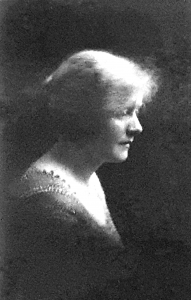
Your footprints may be followed by others. Like you, I walk in the footsteps of my female forebears. The fine details of whose lives I

Does it matter? ‘It doesn’t matter,’ she said. I wanted to turn away from her, but I couldn’t. She had my hands firmly gripped in
